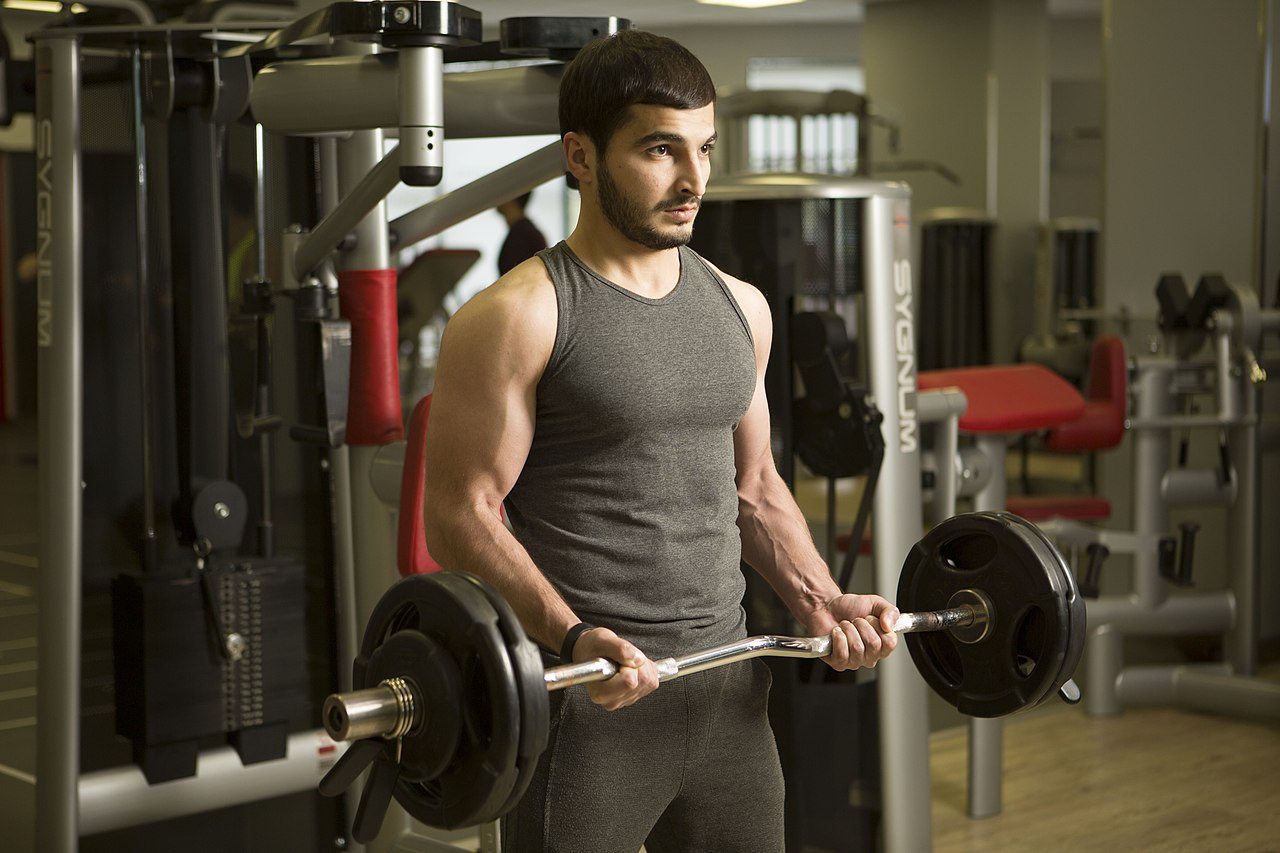Staying in shape is a general goal of the majority of people, but for a professional athlete, it’s a way of life. Being in peak physical condition is mandated by what they do for a living.
But what happens when that way of life comes to an end? For most athletes, they’re winding down their careers as elite competitors at a time when the majority of people are just beginning to make headway in their chosen fields. The sudden halt to what’s been a way of life for them basically for their entire adult life can prove a startling shock to both their physical and mental well being.
That was how Carl Froch viewed things. A world super middleweight boxing champion, Froch was the best of the best in what was clearly the pound for pound toughest weight class in the sport during his peak years of performance. And he was right there at the top of his grouping. Any method of sportsbook reviews designed to determine the odds in the boxing weight classes would’ve shown Froch’s name high among the contenders.
When his time in the squared circle came to an end, continuing to pursue the style of training Froch was required to partake in while a world-ranking contender simply wasn’t going to be feasible. He needed to completely reexamine his fitness goals and redesign his programs in order to maintain a level of fitness that would leave Froch feeling good about himself.
Establishing And Setting Different Goals
Just as we all must adjust our fitness goals and regimen as we age and our bodies change, elite athletes also face a similar dilemma. Working out at the level required to maintain a career in professional sports not only is no longer necessary when they’re done playing, in many cases it’s no longer feasible if they’ve moved into the world of the 9-5 job market.
In Froch’s case, he wanted to create an exercise program that would maintain a high level of fitness. But since he was no longer going to be stepping into the ring and trading punches with the best pugilists on the planet, he sought out a new objective to pursue, and eventually found another demanding goal to chase.
Froch decided he wanted to compete in triathlons. But not just any run of the mill triathlon. Being a world class athlete, he set the grueling test of mind and body that is the Ironman triathlon as his objective.
“Before I’m 40 I’d like to try that,” Froch told coachmag.co.uk. “It’d be hard work, but to achieve one, to get that in the bank . . . as long as I’ve got something in my head to work towards, that’ll keep me in shape.”
By nature, athletes are high achievers. They’re used to breaking down barriers, overcoming obstacles. It’s what makes them champions. It’s what drives them, what inspires them, what keeps them going when most wouldn’t push through the pain to attain that next level of fitness.
Once their objective is gone, when that need to stay in peak form in order to hold on to their job in the cutthroat world of pro sports is over, many athletes have been known to completely turn off the workout tap and grow soft and bloated. Instead of chasing the carrot dangling in front of them, they’re happy to dig into some carrot cake.
All of the sacrifices they were required to make to play their sport at the highest level suddenly are no longer necessary. That leaves some ex-athletes going too far in the other direction and biting off more of the easy life than they are capable of fully digesting.
The fear of that happening to him also drives Froch to maintain his workout regimen at a high level.
“I’m training because it’s something I’ve always done,” Froch said. “I’m not naming any fighters, but I don’t want to be one of these guys who retires from boxing and gets fat and out of shape and old-looking. I want to always look like I’ve been a world champion.
“I’m never going to be able to fight for 12 three-minute boxing rounds at a high pace unless I’m specifically training for it, but I can always stay in shape.”

